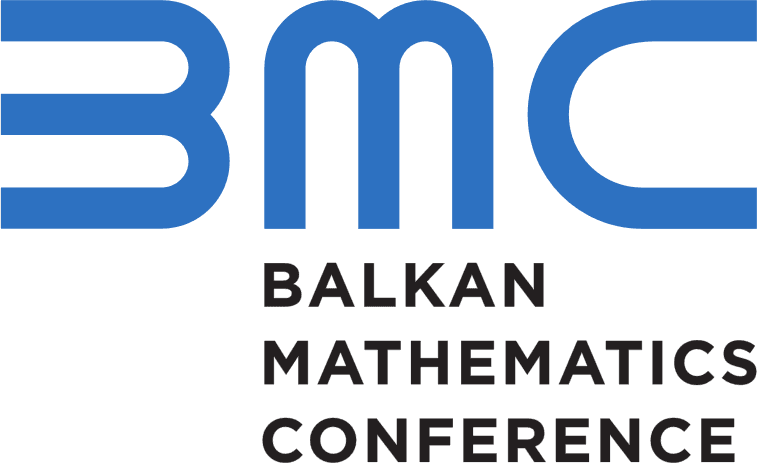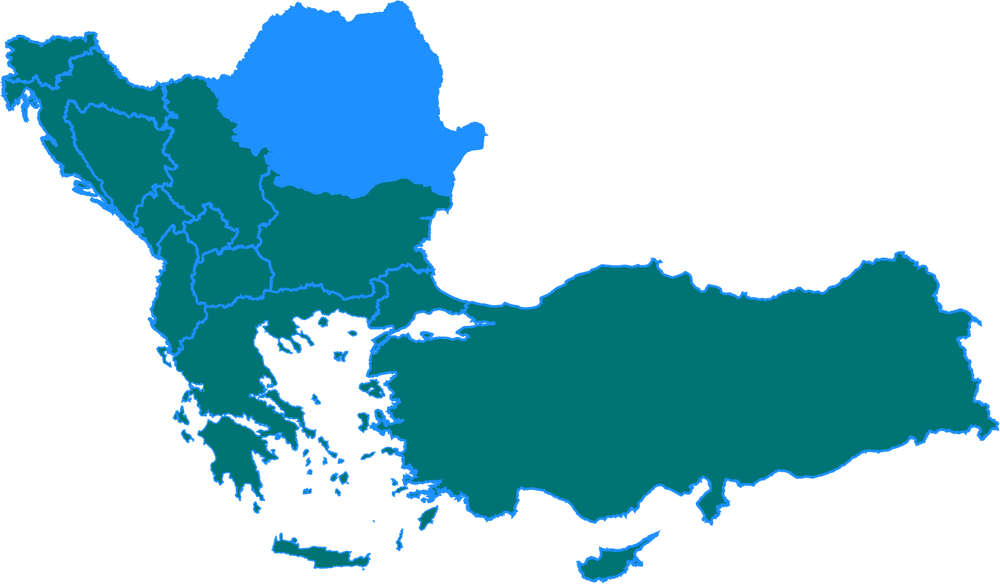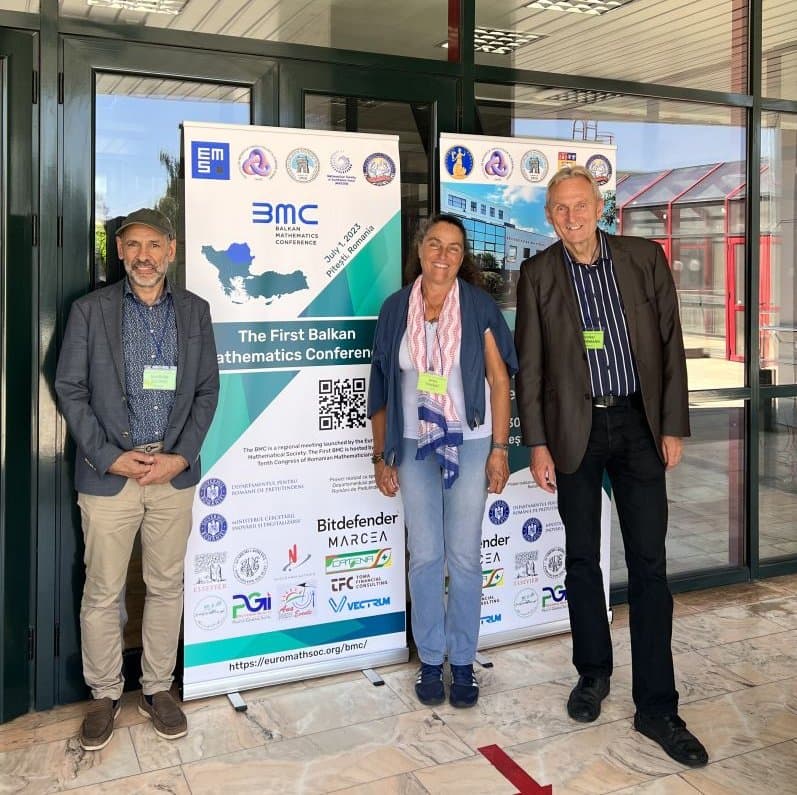CC-BY-4.0 / All rights reserved.
The EMS supports several types of regional conferences, some of which have a long tradition, like the Nordic Congress of Mathematicians. While mathematicians from the Nordic countries work together for decades, the situation for mathematicians in other parts of Europe is not as easy. The colleagues have a lot of difficulties, often due to a lack of funding or other support. Moreover, the political situation does not always make regional conferences straightforward. And yet mathematicians should have equal opportunities all over Europe, and the EMS sees it as one of its tasks to bring colleagues together to further develop mathematics and the interchange of ideas between different mathematical communities. These observations were the motivation to start in 2014 the series of Caucasian Mathematical Conferences (CMC). In 2021, the EMS Executive Committee decided to support a new biennial series, the Balkan Mathematics Conference (BMC).1https://euromathsoc.org/regional-conferences
The BMC is planned as a regional conference organised under the auspices of the EMS with the purpose of bringing together mathematicians from the Balkan and neighbouring countries, biennially in one of these countries. These conferences equally welcome mathematicians from all over the world. The BMC is also supported by the Mathematical Society of South Eastern Europe (MASSEE).
Planning was ready in theory, but the pandemic prevented to concretise the first meeting immediately. A cooperation between the EMS and the Romanian mathematical community was established, and the first Balkan Mathematics Conference took place in July 2023 in Pitești, Romania, jointly with the 10th Congress of Romanian Mathematicians.
It was supported by the Romanian Mathematical Society, the Stoilow Institute of Mathematics and the University of Pitești, as well as by the EMS. It was a great success, with six excellent talks and a great organisation by the Romanian colleagues. The opening lecture was given by Dan Voiculescu, which had a symbolic meaning for the Romanian mathematical community, where the topic of operator algebras has a long tradition.2http://imar.ro/~bmc
EMS President Jan-Philip Solovej, past EMS Vice President Betül Tanbay and past EMS President Volker Mehrmann at 1st BMC Pitești.
🅭🅯 CC BY 4.0In addition to a local organising committee, two EMS committees, a Steering Committee and a Scientific Advisory Committee support the organisation of a BMC meeting. The Steering Committee consists of three ex-officio members – the EMS president, the immediate past president of the EMS, and the chair of the EMS Committee for Solidarity in Europe – as well as one regional coordinator. The Scientific Advisory Committee consists of the invited speakers of the previous BMC and a representative from the Steering Committee. The Steering Committee is responsible for the scientific program of the conference and for the selection of the next edition of the BMC. It is also responsible for preparing a list of potential invited speakers and a list of potential early-career invited mathematicians. The task of the Scientific Advisory Committee is to select the six invited speakers and the twelve invited early-career mathematicians from the list proposed by the Steering Committee.
In Fall of 2023, a general call was made for the organisation of the second BMC to take place in June 2025. The Steering Committee has decided to approve the bid of Aristotle University of Thessaloniki. As one of the most ancient cities of Europe, from the Kingdom of Macedonia to the Byzantine Empire and Ottoman Empire, to present day Greece, Thessaloniki has a huge historical heritage, since it has notably given access to the international maritime trade routes to the entire region of the Balkans. Its choice is thus perfectly appropriate for hosting the wide range of mathematicians the EMS aims to reach.
Cite this article
Betül Tanbay, Volker Mehrmann, On the Balkan Mathematics Conference (BMC) series. Eur. Math. Soc. Mag. 132 (2024), pp. 46–47
DOI 10.4171/MAG/199


